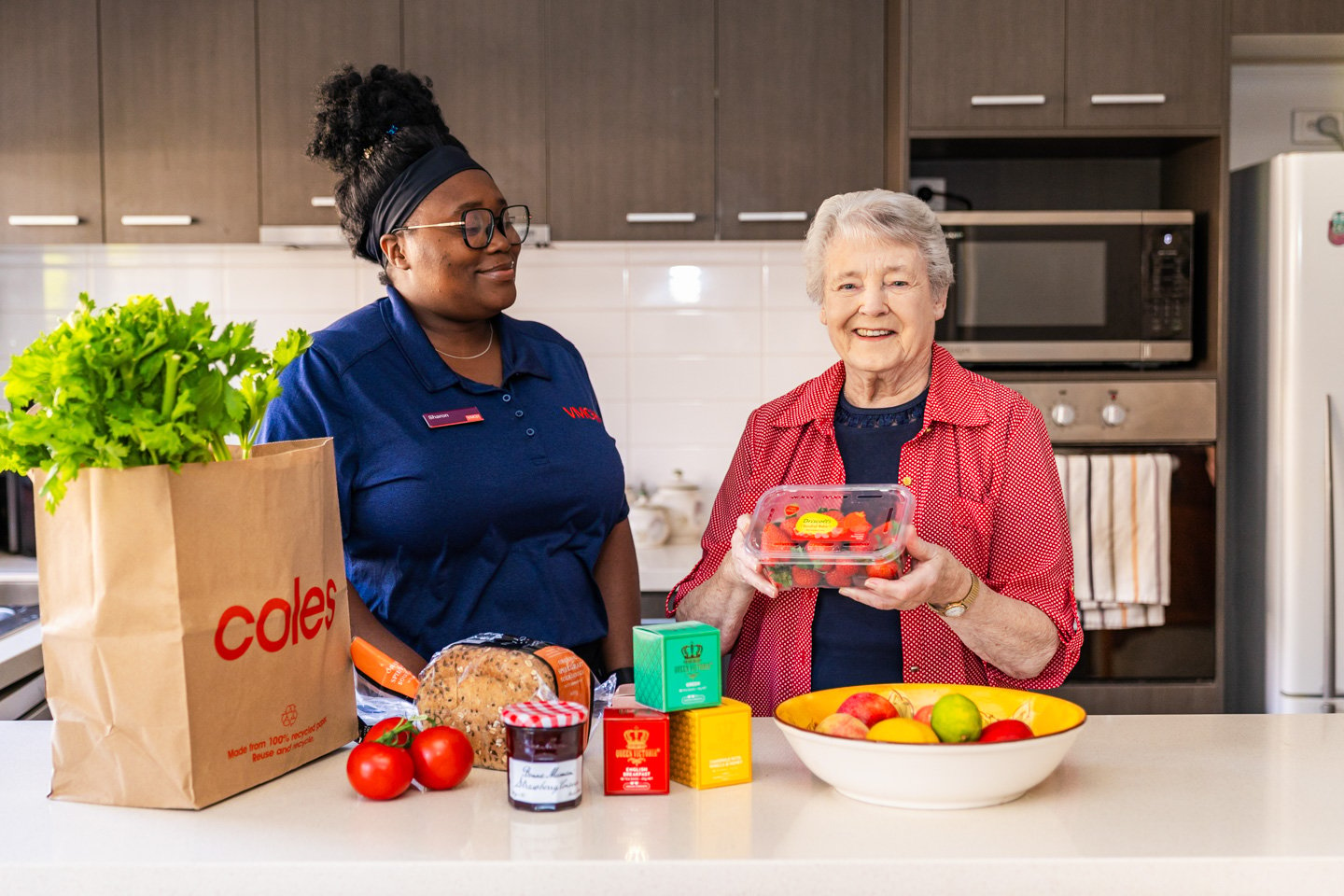
What is Support at Home?
The Support at Home Program is a new aged care system introduced by the Australian Government. It was developed in response to the Royal Commission into Aged Care Quality and Safety.
Support at Home brings together several existing in-home aged care programs into one simpler, fairer system. It helps older people stay at home longer with the right support.
Key changes
- Support at Home commenced 1 November 2025: Replaces the Home Care Package (HCP) and Short-Term Restorative Care (STRC) programs.
- From July 2027 (at the earliest): Will also include the Commonwealth Home Support Programme (CHSP).
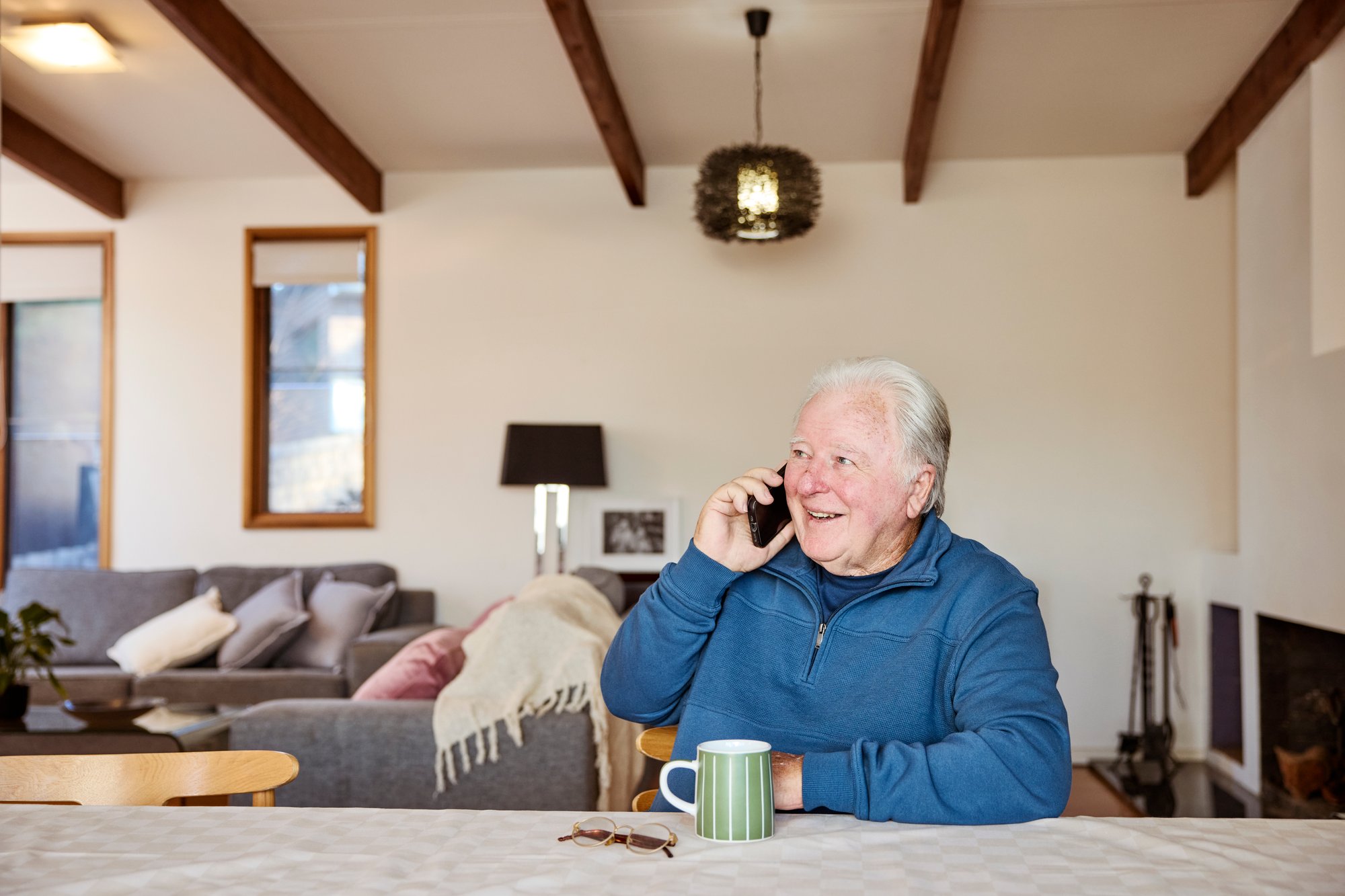
New Prioritisation and Assessment System
New prioritisation system
People are now prioritised based on their assessment results. This ensures those with the highest needs receive support faster.
Single Assessment System
Since 9 December 2024, aged care assessments are done through the Single Assessment System. This makes it easier to apply for aged care services and adjust your care as your needs change.
To apply, you’ll need to register with My Aged Care. If you need help, please call our team on 1300 698 624. We'd be happy to help.
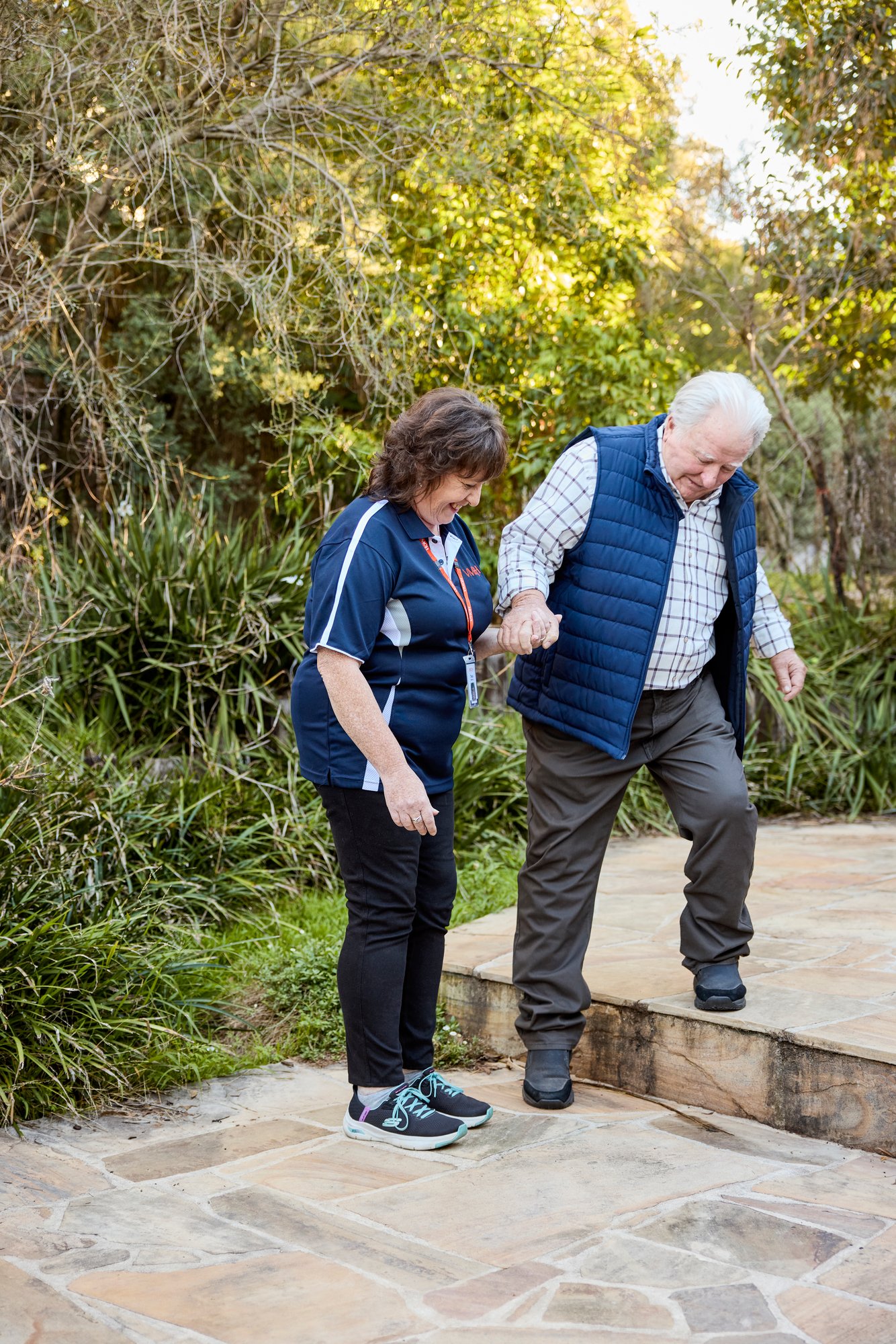
Support at Home classifications
The program uses a new classification system to match services to your needs. This includes:
- Eight ongoing Support at Home funding levels
- Two short-term care pathways:
- Restorative Care Pathway – for temporary recovery
- End-of-Life Pathway – for palliative care
Reassessments are available over time to ensure your care matches your changing needs.
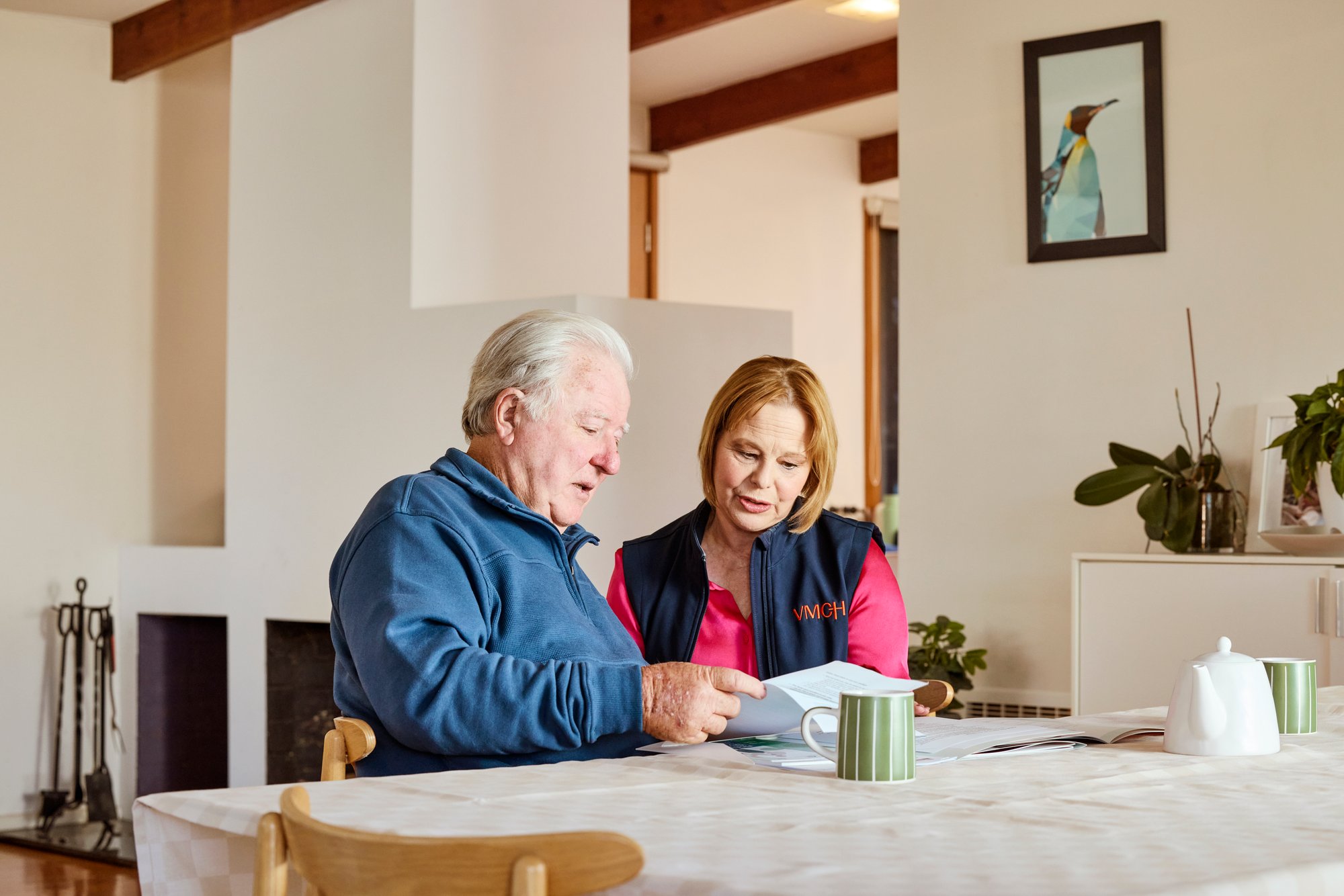
Support at Home funding
Ongoing Support
- Eight service classifications, plus four for people transitioning from a Home Care Package
- Each classification comes with a quarterly budget, giving you access to government-funded services tailored to your assessed care needs
- Depending on your classification, you could receive between $11,000 and $78,000 per year in funding.
Short-Term Pathways
- Restorative Care Pathway: approximately $6,000 for 12 weeks (may increase to $12,000)
- End-of-Life Pathway: approximately $25,000 for 12 weeks
- Assistive Technology & Home Modifications (AT-HM): Low: $500, Medium: $2,000, High: $15,000 (lifetime cap).
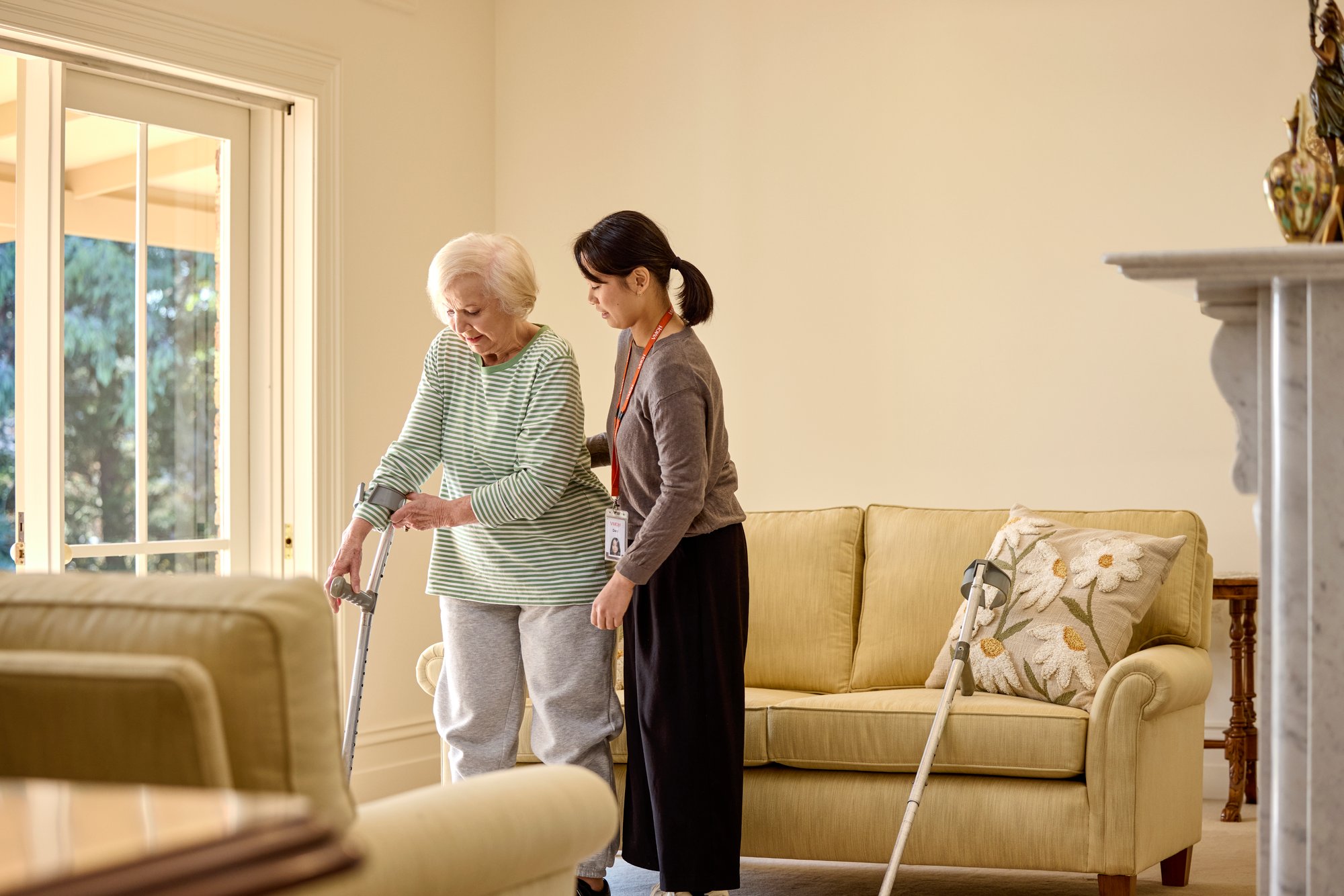
Your transition to the Support at Home program
Your situation depends on your aged care status as of 12 September 2024:
- Grandfathered participants: If you were already receiving aged care services, you’ve been transitioned to Support at Home with no major changes.
- Hybrid participants: If you were assessed between 12 Sept 2024 and 31 Oct 2025, you’re considered a transitional ‘hybrid’ participant. You’ll need to co-contribute to your care costs under the new program.
Understanding Support at Home pricing
As part of the Support at Home program, you’ll be asked to contribute to the cost of services that support your independence and daily living, like help around the house or transport. You won’t need to contribute to clinical services, such as nursing care.
The price of each Support at Home service reflects the full cost of delivering that service, including things like administration and transport. This is a change from the previous Home Care Packages system, where administrative costs (known as ‘package management’) were charged separately from direct services.
You may be asked to contribute to the cost based on your income.
Clinical services (fully funded)
Delivered by qualified health professionals to help maintain or improve health:
- Nursing care
- Allied health and therapy
- Nutrition
- Care management
- Restorative care management.
Independence services (partially funded)
Supports daily living and independence:
- Personal care
- Social support and community engagement
- Therapeutic services
- Respite
- Transport
- Assistive technology and home modifications.
Everyday living services (partially funded)
Helps maintain a safe and comfortable home:
- Domestic assistance
- Home maintenance and repairs
- Meals.
For a full list of services, view the Support at Home service list.
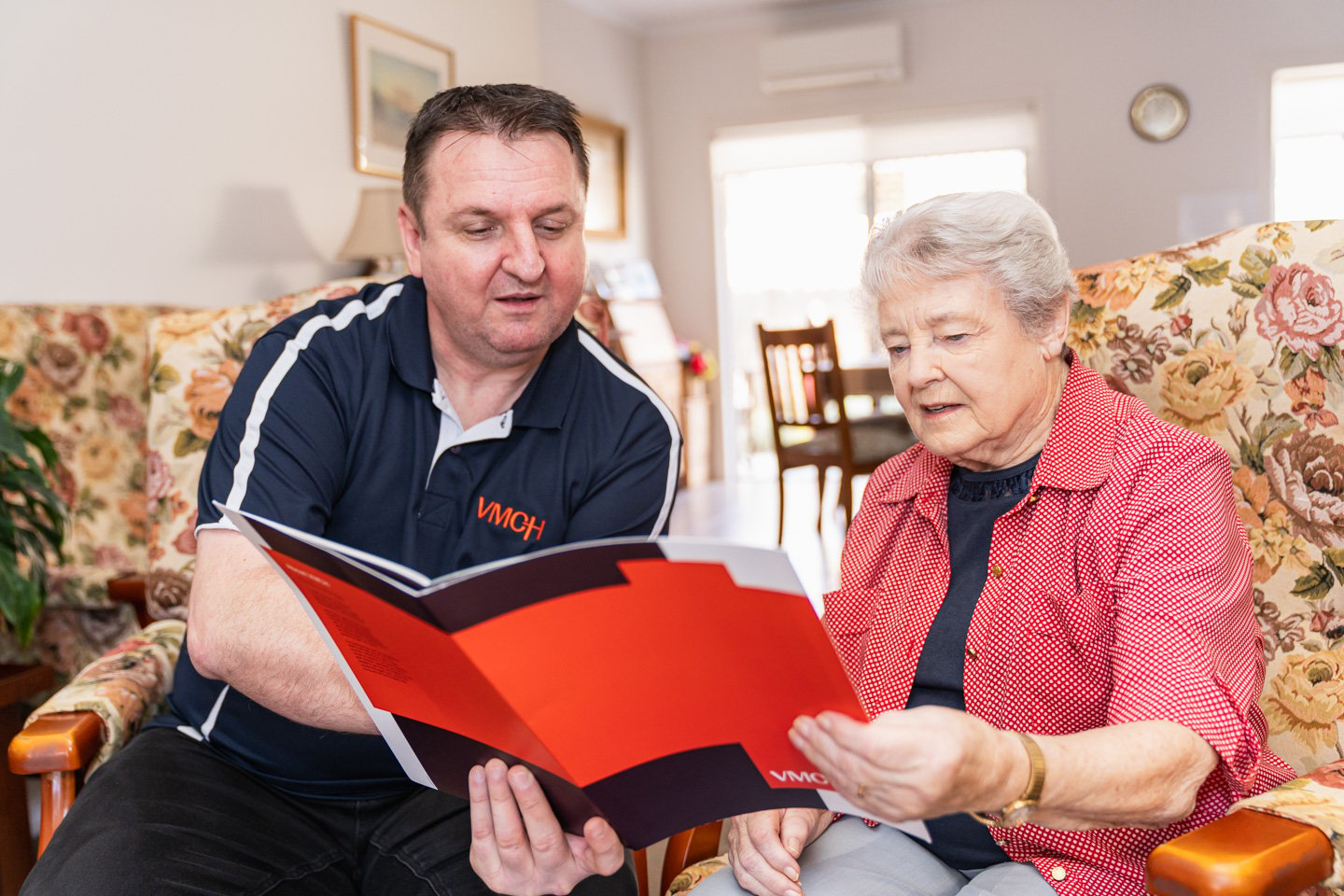
Care management
Care management is a key part of your Support at Home package. Our experienced care partners:
- Understand your needs and goals
- Help plan and coordinate your care
- Monitor and adjust services over time
- Provide education and support
We aim to match you with a care partner you’ll feel comfortable with.
Need help or have questions? Call our friendly team on 1300 698 624 or book a call back.
Get your free VMCH Support at Home guide.
Discover everything you need to know in one easy-to-read resource.


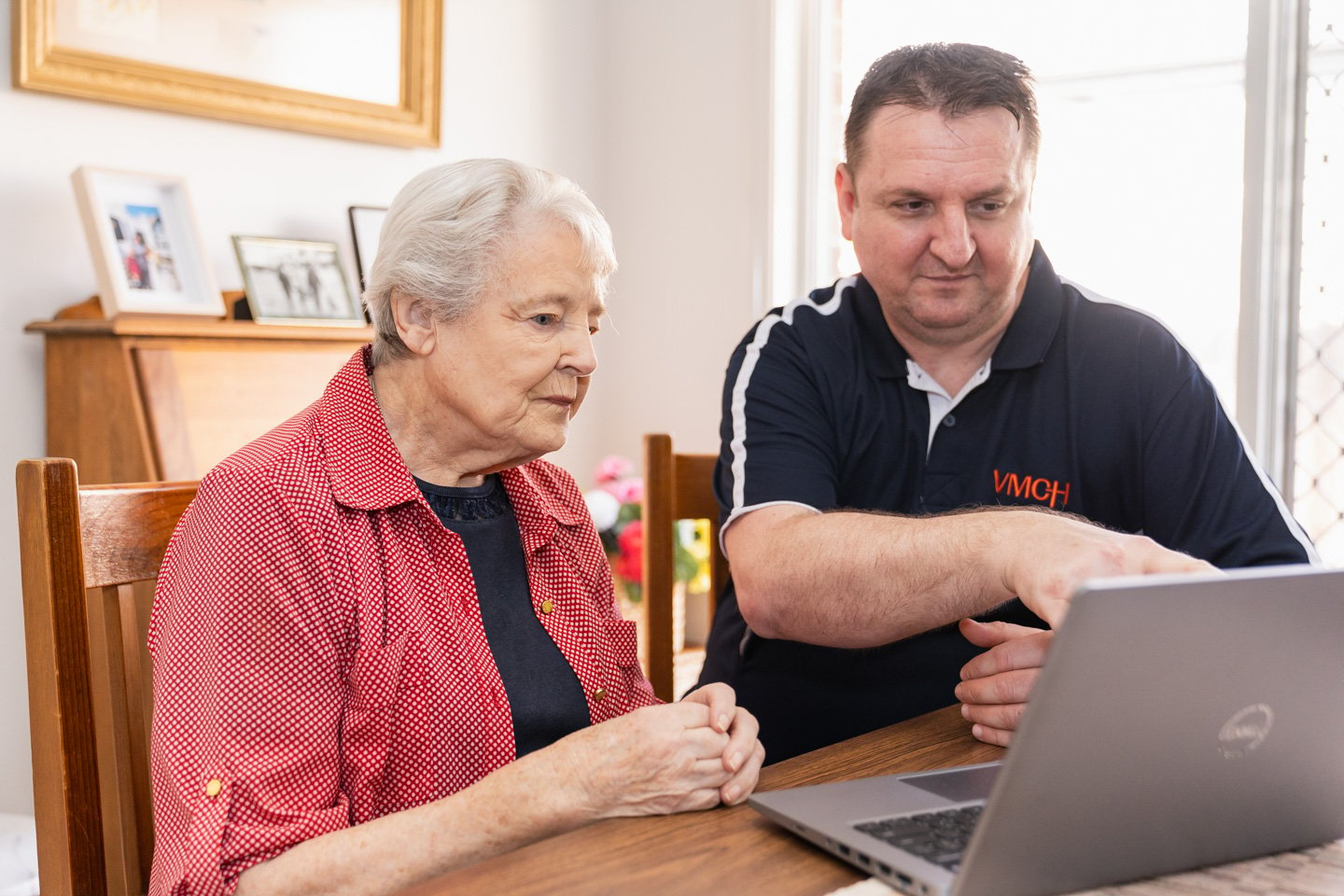
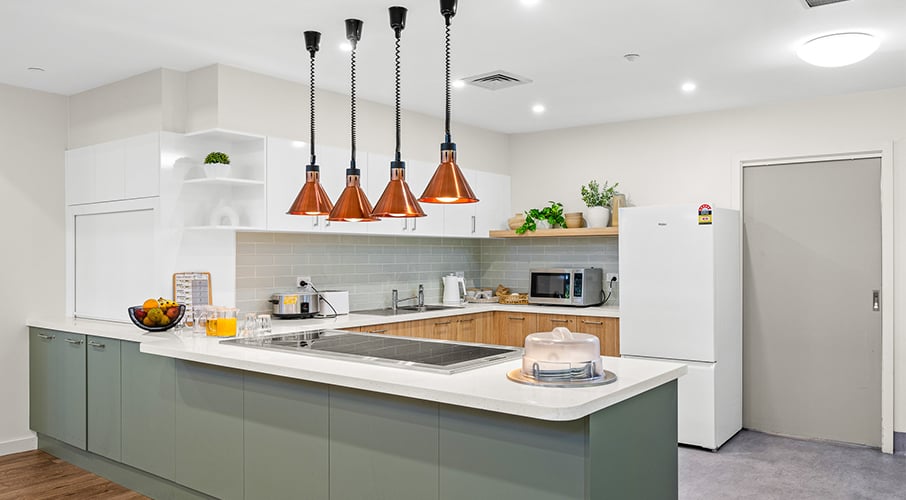




.jpg?width=2000&name=AHAC_HCP_Ferntree-Gully_May24_Print-1%20(1).jpg)